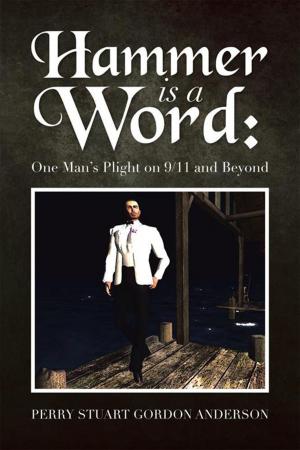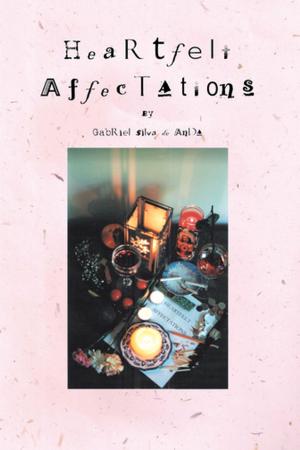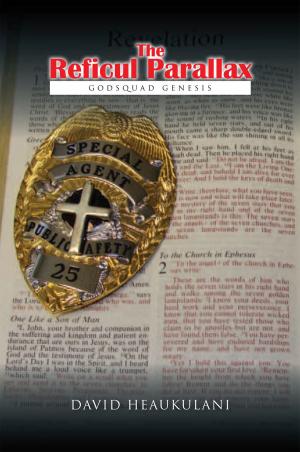The Moral Symbols of William Golding
Nonfiction, Religion & Spirituality, Philosophy, Ethics & Moral Philosophy| Author: | Hisham Akram Ibrahim AlShammari | ISBN: | 9781479786527 |
| Publisher: | Xlibris US | Publication: | February 19, 2013 |
| Imprint: | Xlibris US | Language: | English |
| Author: | Hisham Akram Ibrahim AlShammari |
| ISBN: | 9781479786527 |
| Publisher: | Xlibris US |
| Publication: | February 19, 2013 |
| Imprint: | Xlibris US |
| Language: | English |
In contrast to other writers whose concern for evil is tempered with combination of chastened expectation and irony, William Golding treats evil an almost mythical intensity .For example, Lord of the Flies (1954) is probably the most powerful English novel written since World War II. The story told with meticulous realism, and at the same time with a visionary clarity infused with symbolism, tells of children shipwrecked on a desert island, where their isolated environment compels their degeneration into a society based fear, violence and tyranny. Throughout most of Goldings later novels he continually searches for different and more forceful expressions of this kind of tortured moral vision. Golding disregards all novelistic traditions in his bold search for the kind of novel which will contain his own concept of mans nature. Literary criticism is generally directed toward the symbolic implications found in a particular novel, and as a result of this the novelist today is more self-conscious about his symbols than ever before. Golding does not object to mans arrogance or his selfishness , but he insists that there must be certain limits to his freedom; one mans freedom must not interfere with or destroy the freedom of others .For example, in The Inheritors (1955), the more civilized clan fails realize that its freedom and way of life are dependent on the corresponding freedom of the less civilized clan . It is notable that the purgatory of Pincher Marin demonstrates Goldings remarkable skill for presenting the physical sensations of isolated human beings pushed up against the back wall of their existence .In Free Fall (1959), Goldings presentation of evil again deals with fear and disintegration instilled in the human situation, yet in this novel his mythic tendencies are embarrassed by the representation of modern society. While The Pyramid (1967) presents an attractive and understanding study of village life , this modest success involves the sacrifice of mythic presentations . Only in The Spire (1964 ) is there a satisfactory presentation of private vision with a sense of community . Goldings interpretation of life is that it is mans nature to be selfish , but this selfishness must not be allowed to dominate his actions to the extent that the freedom and peace of others is violated.
In contrast to other writers whose concern for evil is tempered with combination of chastened expectation and irony, William Golding treats evil an almost mythical intensity .For example, Lord of the Flies (1954) is probably the most powerful English novel written since World War II. The story told with meticulous realism, and at the same time with a visionary clarity infused with symbolism, tells of children shipwrecked on a desert island, where their isolated environment compels their degeneration into a society based fear, violence and tyranny. Throughout most of Goldings later novels he continually searches for different and more forceful expressions of this kind of tortured moral vision. Golding disregards all novelistic traditions in his bold search for the kind of novel which will contain his own concept of mans nature. Literary criticism is generally directed toward the symbolic implications found in a particular novel, and as a result of this the novelist today is more self-conscious about his symbols than ever before. Golding does not object to mans arrogance or his selfishness , but he insists that there must be certain limits to his freedom; one mans freedom must not interfere with or destroy the freedom of others .For example, in The Inheritors (1955), the more civilized clan fails realize that its freedom and way of life are dependent on the corresponding freedom of the less civilized clan . It is notable that the purgatory of Pincher Marin demonstrates Goldings remarkable skill for presenting the physical sensations of isolated human beings pushed up against the back wall of their existence .In Free Fall (1959), Goldings presentation of evil again deals with fear and disintegration instilled in the human situation, yet in this novel his mythic tendencies are embarrassed by the representation of modern society. While The Pyramid (1967) presents an attractive and understanding study of village life , this modest success involves the sacrifice of mythic presentations . Only in The Spire (1964 ) is there a satisfactory presentation of private vision with a sense of community . Goldings interpretation of life is that it is mans nature to be selfish , but this selfishness must not be allowed to dominate his actions to the extent that the freedom and peace of others is violated.















